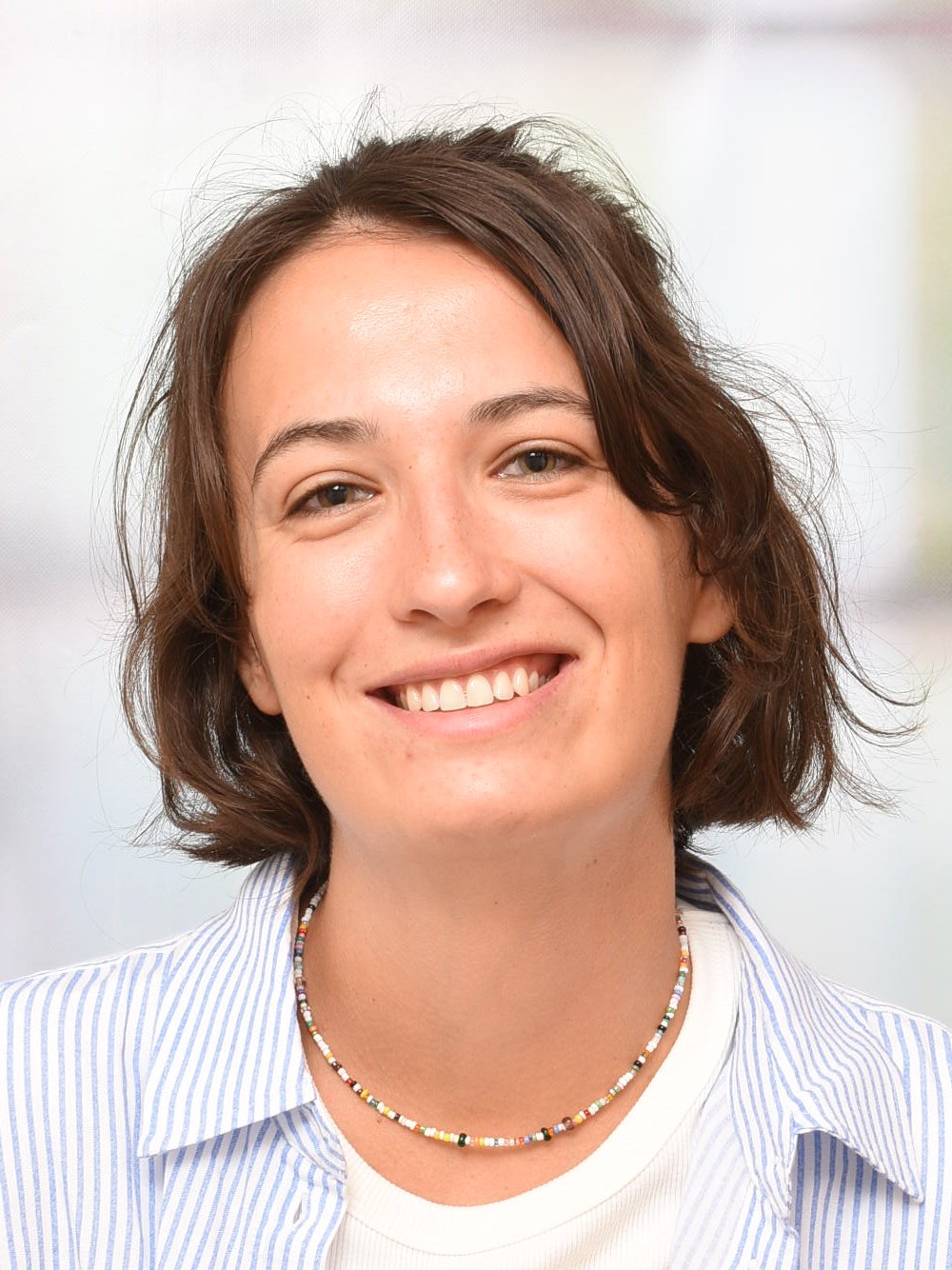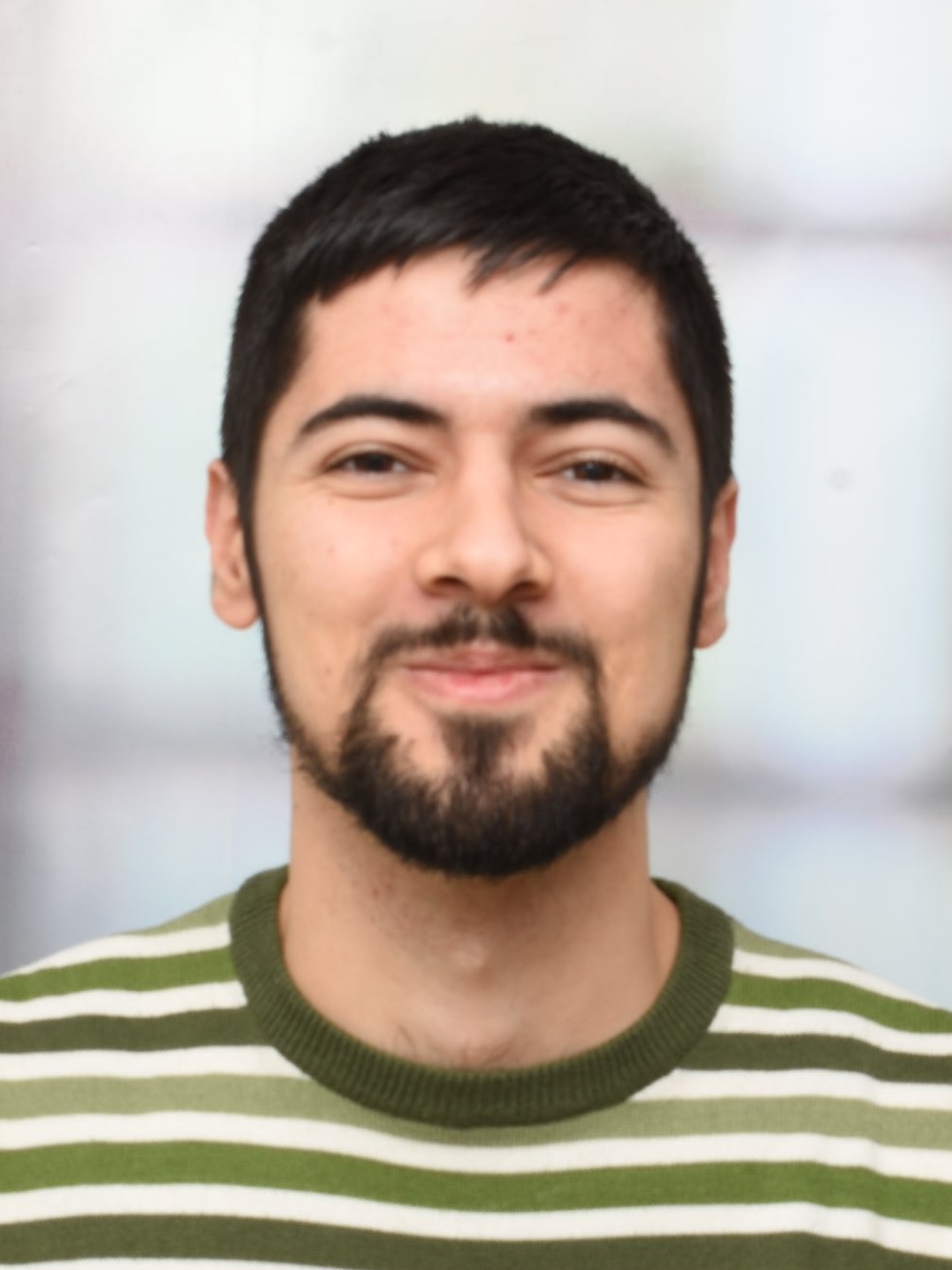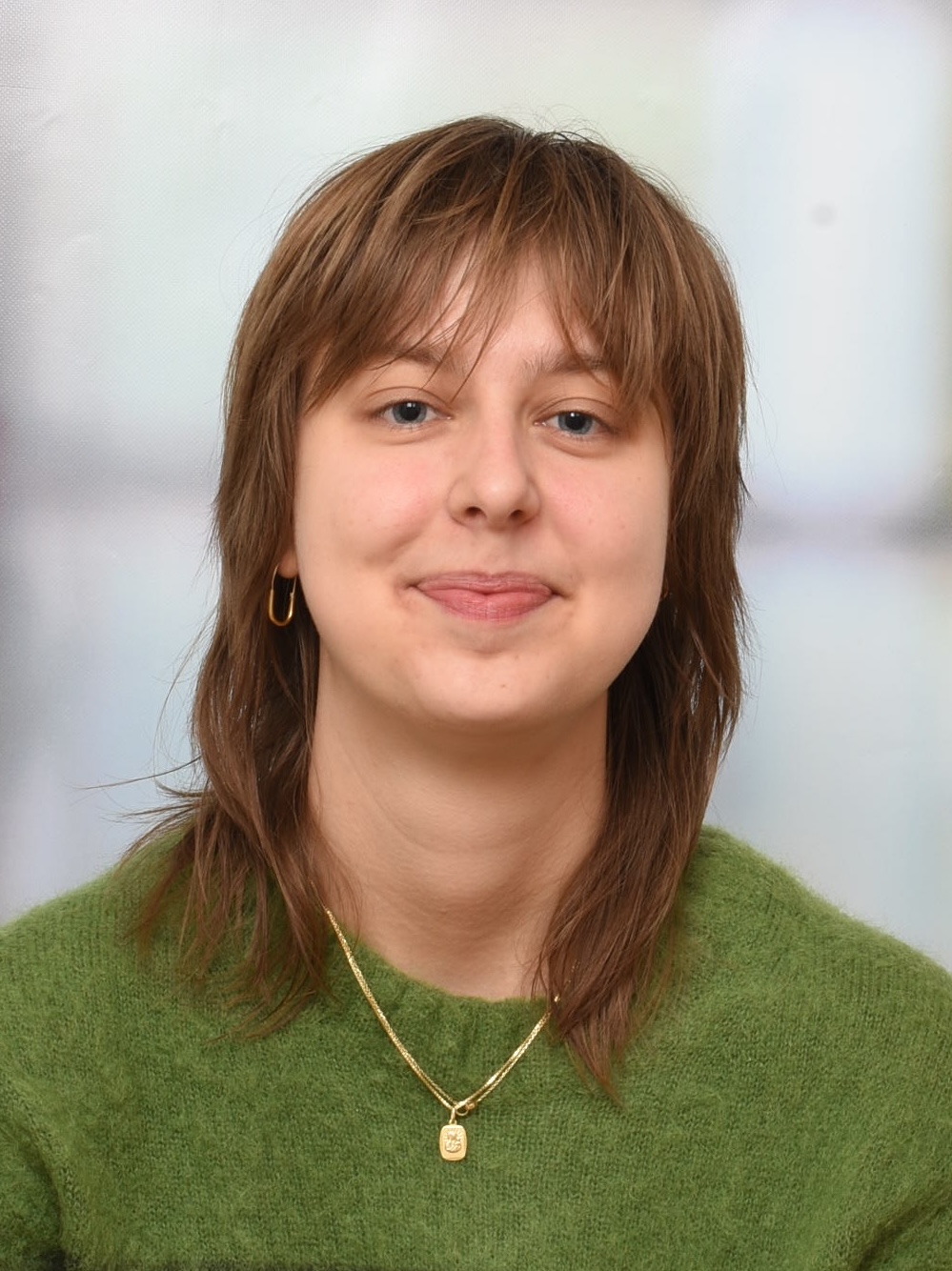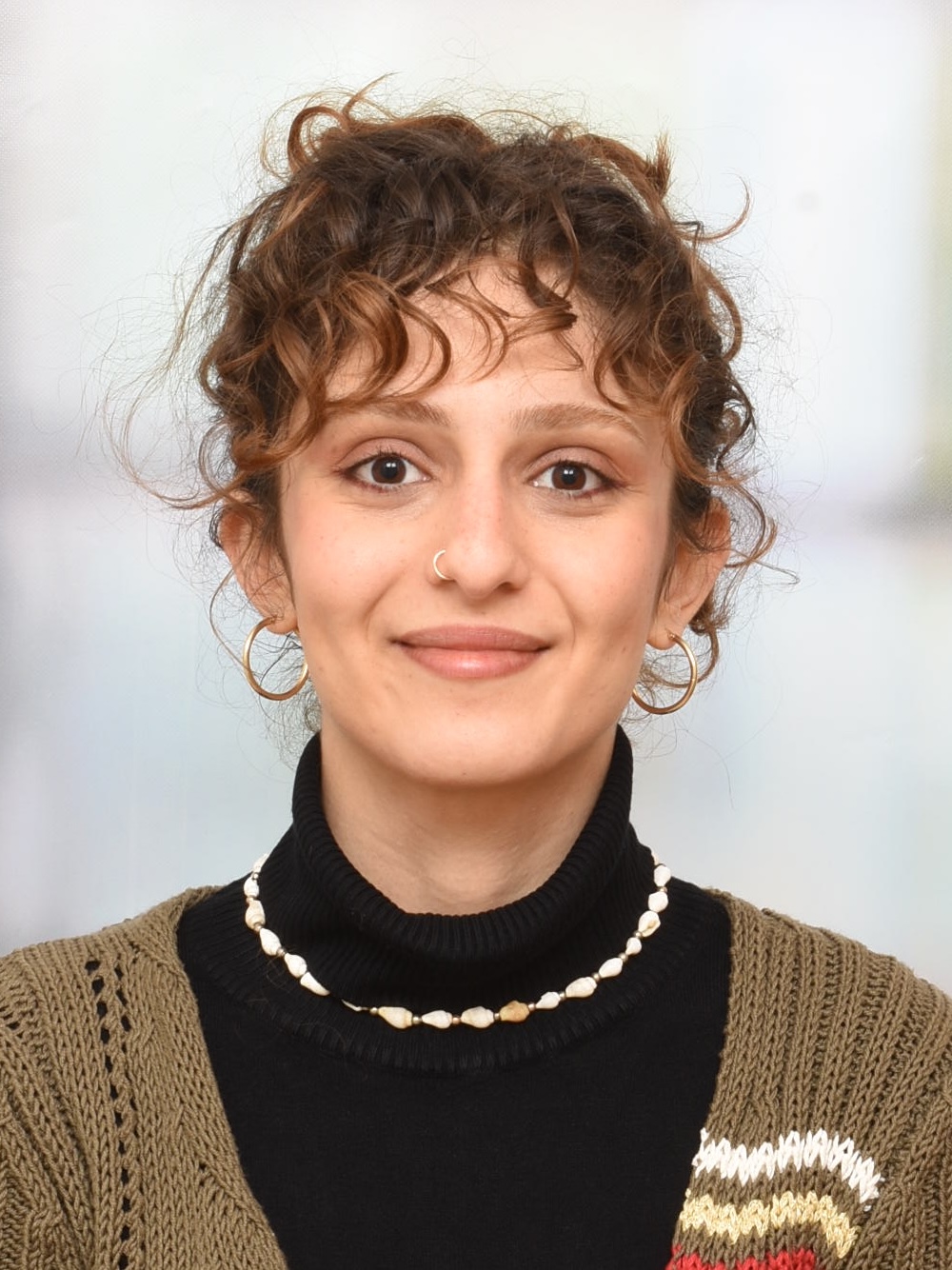Current lab members
Tineke Lenstra
Principle Investigator+31 (0)20 512 7889
[email protected]

Tineke Lenstra received her Bachelor's' and Master's' degree in biomedical sciences from Utrecht University (cum laude). In 2008, she joined the laboratory of Frank Holstege at University Medical Centre Utrecht, where she used genome-wide expression analysis to study transcription regulatory complexes. She was awarded a cum laude PhD in 2012. As a postdoc in laboratory of Dan Larson at the National Cancer Institute in Bethesda, USA, she used cutting-edge single-molecule techniques to study transcription dynamics in single cells. In 2016, she established an independent group at the Netherlands Cancer Institute (NKI) in Amsterdam, and in 2019, she joined Oncode Institute. Her lab focuses on the regulatory mechanisms of stochastic transcription in eukaryotic cells.
For her work, Tineke has received a number of awards, including the NWO Aspasia Award (2023), the EMBO Young Investigator Program (2023), the KNAW early career award (2020) and the NVBMB prize (2018). Major grants include the NWO Talent Program VIDI grant, the ERC starting grant and Oncode Institute

For a physicist as myself, biology provides a huge pool of interesting challenges which enhance our understanding of life, and generate exciting new physics. As such, I completed my PhD in Leiden in Thomas Schmidt's group by looking at the interaction between shape and biological function. After that I briefly worked on the retromer system, which recycles certain proteins. In Tineke Lenstra's group I will be employing a novel system which will give us insight in RNA transcription.

After completing my MSc education in Molecular and cellular life sciences (Utrecht University), I remained in Utrecht to conduct my doctoral research in the lab of Marc Timmers and under the co-supervision of Albert Heck. During this time I extensively employed quantitative proteomics to investigate the structure, stability and formation dynamics of a central eukaryotic transcription complex, TFIID. I joined the lab of Tineke Lenstra in order to combine my previous experiences with the single-molecule imaging expertise of the lab and to investigate further the molecular rules and mechanisms of transcription initiation and regulation in eukaryotes.

In 2017, I started a MSc in Molecular Life Sciences at Wageningen University & Research. During this study, I have developed a specific interest for the dynamics and biochemical mechanisms of protein-DNA interactions, as well as the single-molecule imaging techniques used to study these. This fascination has led me to the group of Tineke Lenstra for my PhD, where I will use these imaging techniques to study transcription factor clustering in budding yeast.

I studied Cell Biology at Utrecht University and obtained my master's degree in 2018. After graduating, I joined the groups of Tineke Lenstra (NKI) and John van Noort (Leiden University) as a PhD student. In this shared project I will study the link between the transcription of genes and their DNA structure at single cell level.

After completing my undergraduate studies in the Biology department at the University of Crete (UoC) in Greece, I pursued a Master's degree in Biomedical Sciences with a focus on Developmental and Therapeutic Biology at the University of Amsterdam (UvA) in the Netherlands. In 2023, I graduated from UvA and started my PhD in the labs of Tineke Lenstra and Elzo de Wit at the Netherlands Cancer Institute (NKI). At the NKI, I am focusing on the role of transcriptional fluctuations during the early stages of mouse embryo development, using the gastruloid model.

After finishing my Master’s degree in Biomedical Sciences with a focus in Cancer, Stem Cells & Developmental Biology at the university of Utrecht, I started my PhD in the lab of Tineke Lenstra in May 2024. I am focusing on the interplay between DNA damage and transcription using single molecule imaging.

After completing my master program in neuroscience at the University of Utrecht I continued with a PhD in molecular and cellular neuroscience at the VU. During this period, I applied many molecular, cellular and life cell imaging techniques to study neuromodulator secretion. I joined the Lenstra lab to apply my previous imaging and cellular biology experience to support the work on transcription factor binding dynamics.

I am a trained molecular cytologist and microscopist interested in visualization of biological processes in live cells. During my previous projects, I studied oligomerization states of plasma membrane receptors and G protein-mediated signaling cascades using FRET, various fluorescence-based reporters and microscopy techniques. The current project gives me the opportunity to focus on the interplay between WNT, BMP and Nodal signaling pathways during mouse embryogenesis. Additionally, I will help with studying transcriptional regulation of genes involved in this process.



